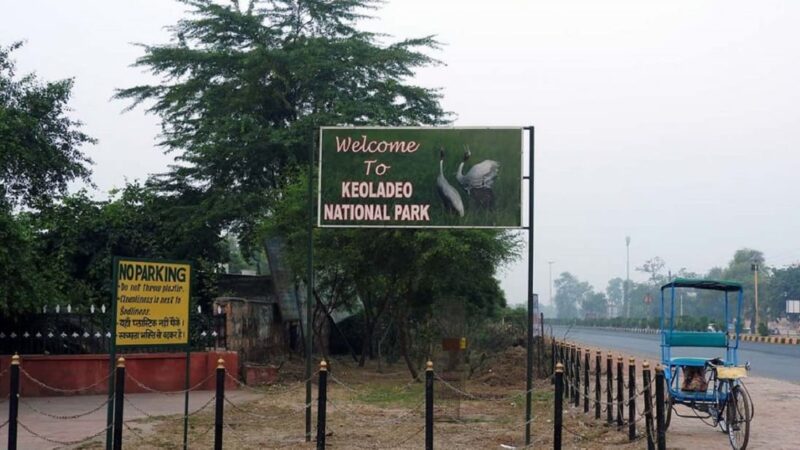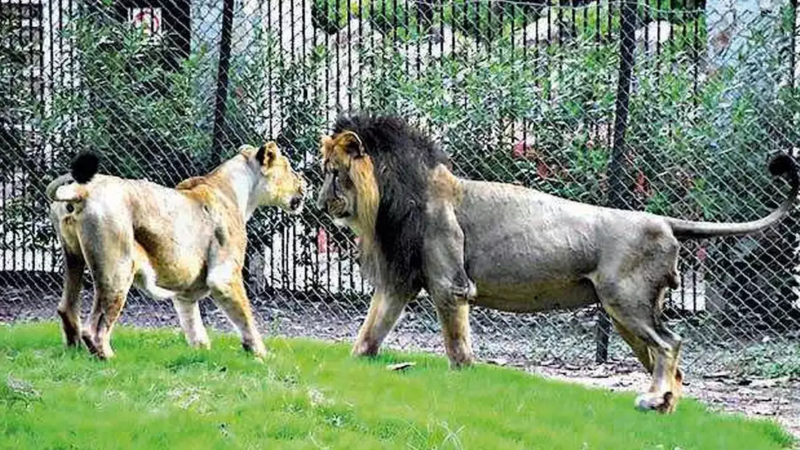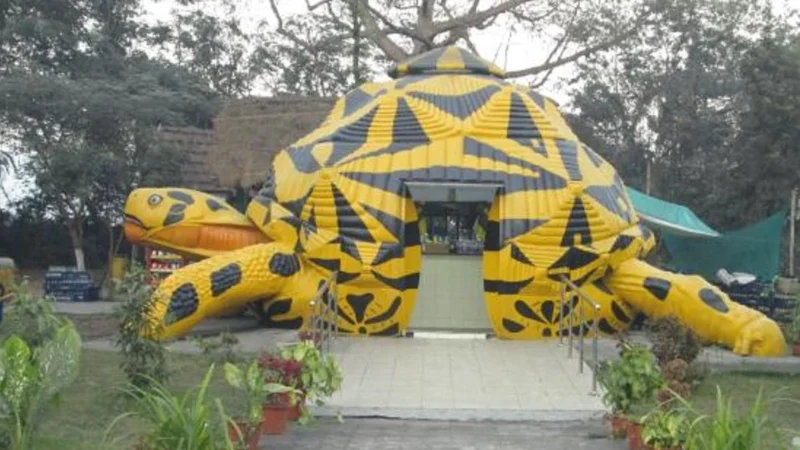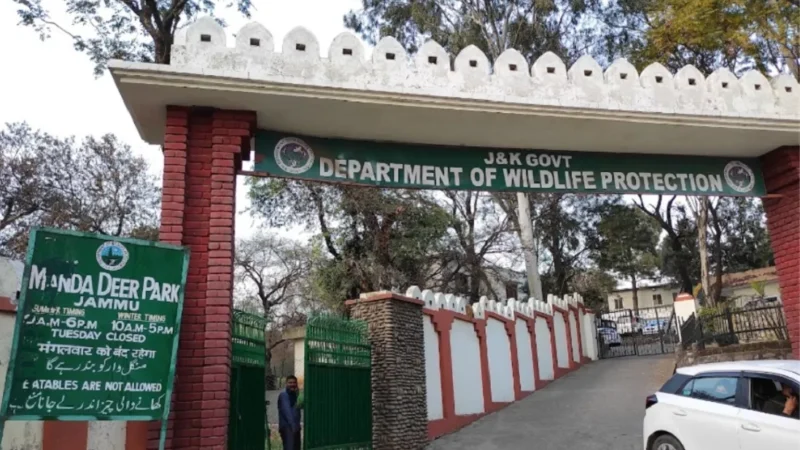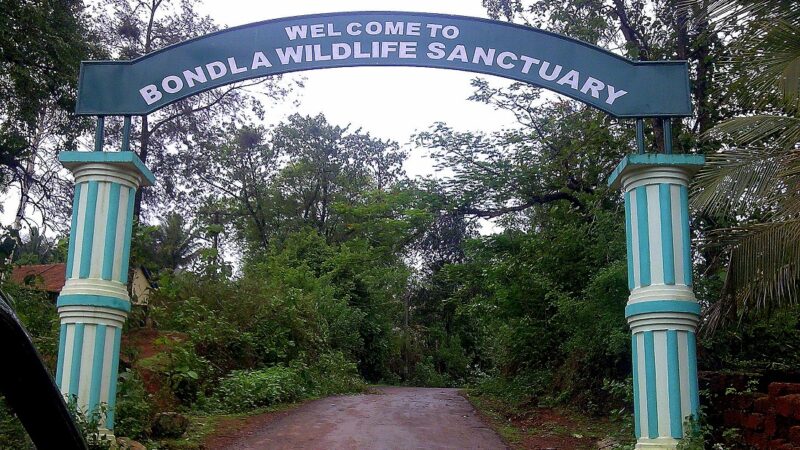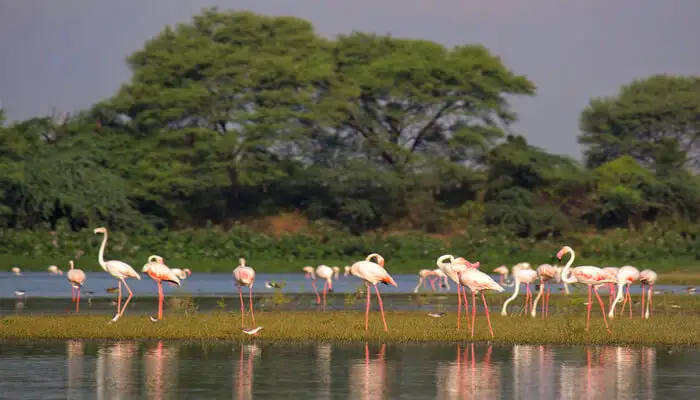Jungle Safari in Chitwan : Unforgettable Encounters with Nature
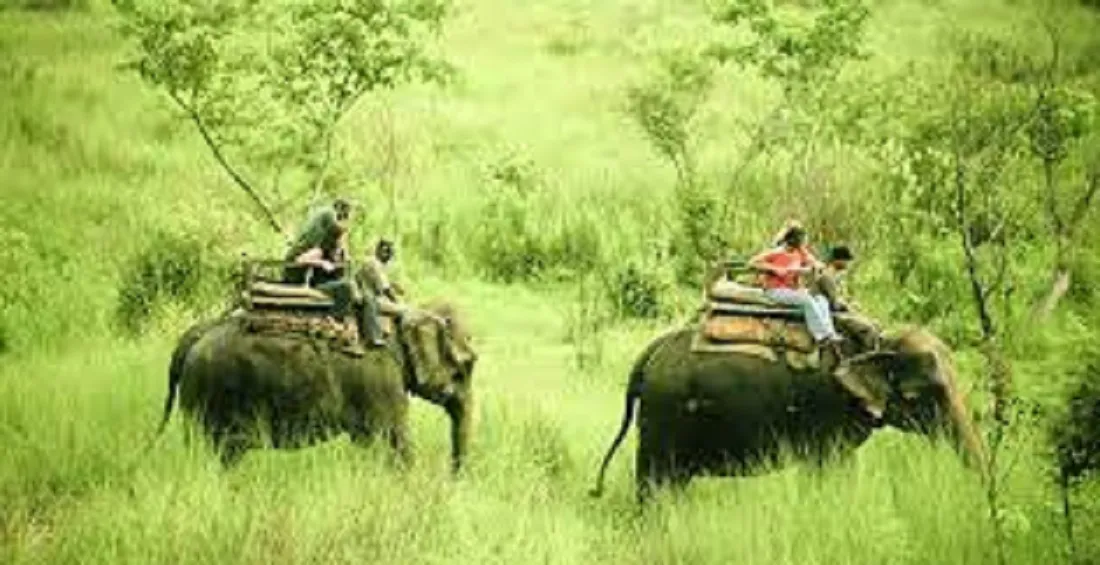
Table of Contents
ToggleJungle Safari at Chitwan National Park
Embark on an expedition into the heart of the wild as we delve into the enchanting realm of Chitwan’s Jungle Safari. Nestled in the lap of nature, this pristine sanctuary is a haven for wildlife enthusiasts and adventure seekers alike. Join me on a virtual journey where lush landscapes, exotic fauna, and untamed beauty converge to create an unforgettable safari experience. From the majestic elephants to the elusive tigers, Chitwan promises a rendezvous with the natural spirit of the jungle. Let’s embark on a thrilling exploration where every rustle of the leaves and call of the wild beckons us into the captivating world of Chitwan’s Jungle Safari.
Different Types of Jungle Safaris at Chitwan
Here are the different types of jungle safaris available at Chitwan National Park:
- Jeep safari: This is the most popular type of safari in Chitwan, and for good reason. It offers a great way to see the park’s diverse wildlife, from rhinos and elephants to tigers and leopards. Jeep safaris typically last 3-4 hours and can be done in the morning or afternoon.
- Elephant safari: This is a unique and exciting way to explore Chitwan. Elephant safaris allow you to get up close and personal with these gentle giants and even take a short ride on their backs. Elephant safaris typically last 1-2 hours and are usually done in the morning.
- Canoe safari: This is a great way to see Chitwan’s waterways and the wildlife that lives along them, such as crocodiles, turtles, and birds. Canoe safaris are typically peaceful and relaxing and offer a different perspective on the park. Canoe safaris generally last 2-3 hours and can be done in the morning or afternoon.
- Jungle walk: This is a great way to get up close and personal with the park’s flora and fauna. Jungle walks are typically led by experienced guides who can point out interesting plants and animals. Jungle walks typically last 2-3 hours and are usually done in the morning or afternoon.
- Bird watching tour: Chitwan is home to over 500 species of birds, making it a paradise for bird watchers. Bird watching tours are typically led by experienced guides who can help you identify the different species of birds you see. Bird watching tours typically last 3-4 hours and are usually done in the morning.
- Cultural tour: This is a great way to learn about the culture of the Tharu people living in the Chitwan area. Cultural tours typically include visiting a Tharu village, where you can meet the villagers, learn about their way of life, and watch a traditional dance performance. Cultural tours typically last 3-4 hours and are usually done in the afternoon.
Jungle Safari At Chitwan Ticket Price
The cost of a jungle safari in Chitwan National Park can vary depending on several factors, including the length of the safari, the type of accommodation, the activities included, and the visitor’s nationality. However, as a general rule of thumb, you can expect to pay between US$150 and US$300 per person for a two-night, three-day safari.
Here is a breakdown of the approximate costs of different types of jungle safaris in Chitwan:
- Budget safari: US$150-200 per person
- Mid-range safari: US$200-250 per person
- Luxury safari: US$250-300 per person
Nationality of the visitor:
Nepalese citizens and SAARC nationals are eligible for a discounted entry fee to Chitwan National Park. The entry fee for Nepalese citizens is NPR 150, and the entry fee for SAARC nationals is NPR 600. All other foreign nationals are required to pay a USD 40 entry fee.
What To Expect On A Jungle Safari At Chitwan
Here’s a glimpse into what awaits you during your jungle safari at Chitwan:
- Encounter Wildlife in Their Natural Habitat:
Chitwan National Park is renowned for its abundance of wildlife, offering a thrilling opportunity to spot some of the most iconic creatures in the wild. One-horned rhinoceroses, majestic elephants, and elusive Bengal tigers are among the many species that call this park home. As you traverse through the dense foliage, keep your eyes peeled for these magnificent creatures, and you might just be rewarded with an unforgettable sighting.
- Explore Diverse Landscapes:
Chitwan’s diverse landscape provides a breathtaking backdrop for your safari adventure. From the lush grasslands and dense forests to the tranquil rivers and serene wetlands, each area offers a unique perspective on the park’s natural beauty. Travelling through these varied terrains, you’ll appreciate the intricate balance of ecosystems that thrive within Chitwan’s boundaries.
- Engage in Thrilling Activities:
Your jungle safari in Chitwan is not just about observing wildlife; it’s an immersive experience that engages all your senses. Embark on thrilling jeep safaris, where you’ll navigate the park’s diverse landscapes, spotting wildlife. Glide along the tranquil waters of the Rapti River on a canoe safari, immersing yourself in the serenity of the park’s waterways. Or, take an exhilarating elephant ride, gaining a unique perspective from atop these gentle giants.
- Discover the Rich Tharu Culture:
Chitwan is home to the Tharu people, an indigenous community with a rich cultural heritage. As part of your safari experience, you’ll have the opportunity to visit a Tharu village and learn about their traditional way of life. Witness their intricate handicrafts, savour their delectable cuisine, and experience their vibrant cultural performances.
Best Time To Go On A Jungle Safari At Chitwan
The best time to go on a jungle safari in Chitwan National Park depends on your preferences for weather conditions and wildlife sightings. Here’s a breakdown of the pros and cons of visiting during different seasons:
Autumn (September to November):
- Pros: Pleasant weather with warm days and cool nights, ideal for outdoor activities.
- Cons: Wildlife is less active due to the cooler temperatures.
Winter (December to February):
- Pros: The least crowded time of year, offering a more tranquil safari experience.
- Cons: Coldest time of year, with temperatures sometimes dropping below freezing.
Spring (March to May):
- Pros: Wildlife is more active due to the warmer temperatures.
- Cons: Hottest time of year, sometimes reaching over 40°C (104°F).
Summer (June to August):
- Pros: Lush vegetation due to the monsoon rains, providing a scenic backdrop for safaris.
- Cons: Monsoon rains can make some trails muddy and difficult to navigate.
Considerations for Wildlife Sightings:
- One-horned rhinoceroses and elephants: These species are active throughout the year but are more easily spotted during the dry seasons (autumn and spring) when the vegetation is less dense.
- Bengal tigers: Tigers are elusive creatures and can be difficult to spot, but they are more active during the warmer months (spring and summer).
- Birdlife: Chitwan is home to over 500 species of birds, which can be seen throughout the year. However, the best bird-watching time is during the spring and autumn migration.
Accommodation At Chitwan National Park
Some hotels near Chitwan National Park:
- Jungle Safari Lodge
- Tiger Residency Resort
- Chitwan Tiger
- Camp
- Green Park Chitwan
- Tiger Wildlife Resort
Chitwan National Park Safari Timings
Jungle safaris at Chitwan National Park are typically conducted during two main periods:
- Morning safaris: These safaris usually start around 6:00 AM and last 3-4 hours. This is the best time to see wildlife, as animals are more active in the cooler morning temperatures.
- Afternoon safaris: These safaris usually start around 3:00 PM and last 3-4 hours. This is an excellent time to see wildlife as they cool down from the day’s heat.
In addition to these two main periods, there are also some specialized safaris available, such as:
- Bird watching safaris: These safaris are typically conducted in the early morning or late afternoon, when birds are most active.
- Elephant safaris: These safaris allow you to ride on an elephant’s back, which provides a unique perspective of the park. Elephant safaris are typically conducted in the morning or afternoon.
- Canoe safaris: These safaris allow you to explore the park’s waterways by canoe. Canoe safaris are typically conducted in the afternoon.
How to Reach Chitwan National Park
Here are some additional tips for reaching Chitwan National Park:
- If you are flying, you can fly into Tribhuvan International Airport (KTM) in Kathmandu, Nepal. From Kathmandu, you can take a bus or taxi to Chitwan National Park.
- If you are taking a train, you can take a train from Gorakhpur, India to Narayangarh, Nepal. From Narayangarh, you can take a bus or taxi to Chitwan National Park.
- If you are driving, you can take the East-West Highway (AH2) from Kathmandu to Chitwan National Park.
Once you arrive at Chitwan National Park, there are a number of ways to get around. You can rent a car, hire a taxi, or take a rickshaw. You can also walk or bike around the park.

